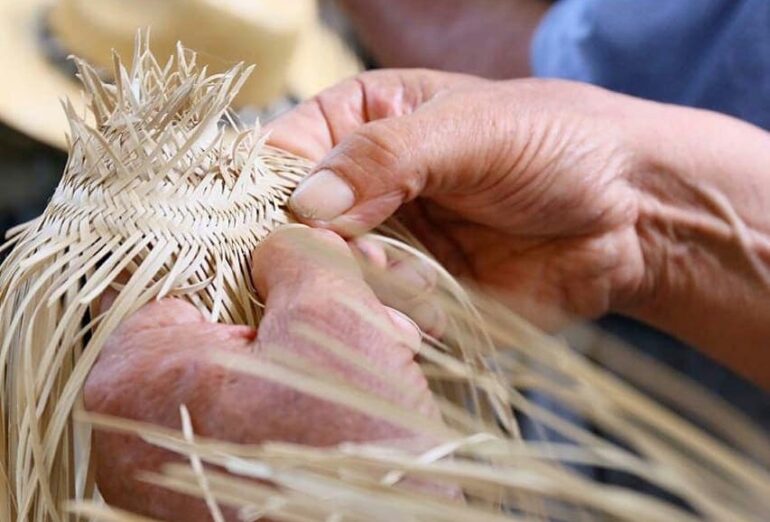The international media outlet Latina Republic has highlighted the Paraguayan Institute of Handicrafts (IPA) as an example of commitment and leadership in promoting, developing, and protecting national handicrafts. This recognition comes at a crucial time for the IPA, which is intensifying efforts to preserve ancestral knowledge and project Paraguayan handicraft creations globally.
“Our mission revolves around three main pillars: Development, promotion, and safeguarding,” said Andrea Vázquez, IPA President, in an interview with Latina Republic.
Founded in 2004 under Law No. 2,448, the IPA has since evolved into a reference for Paraguay’s handicraft sector, helping hundreds of artisans from various communities improve their living conditions and bring their creations beyond national borders.
With the approval of the first National Handicrafts Policy in April 2024—a historic milestone—the IPA consolidated a comprehensive strategy that includes the appreciation of traditional techniques and training in contemporary markets.
The policy was developed through a participatory process involving leaders from artisan communities and public and private institutions directing efforts across social, cultural, economic, environmental, and political-institutional dimensions. “This policy addresses various dimensions: social, cultural, economic, environmental, and political-institutional.”
“It was constructed participatively, involving leaders from different artisan communities across the country, as well as state and private institutions with which we currently develop coordinated actions focused on a common goal,” Vázquez explained.
This commitment to tradition and innovation is reflected in the diversity of crafts the IPA promotes. The institution identifies three main categories through the National Registry of Artisans: traditional folk crafts, indigenous crafts, and contemporary crafts. Within each category, the IPA acknowledges the cultural value represented by products like ñandutí lace, ao po’i textiles, and cedar and palo santo wood carvings, which encapsulate the identity and stories of Paraguayan communities.
The Safeguard Schools program is essential in transferring artisanal knowledge to new generations as part of its preservation strategy. This program, Vázquez noted, identifies veteran artisans who can teach their techniques to new artisans, ensuring that traditions endure over time.
“We consider training activities aimed at valuation to be of vital importance, allowing interested citizens to access a variety of workshops and short- and long-term courses where they can learn more about traditional techniques and even refine their knowledge at more advanced levels,” said the IPA President.
The institution is also enhancing artisans’ training in commercial skills and copyright protection, empowering them to access better market opportunities.
Additionally, the IPA has brought Paraguayan handicrafts to the international scene through the IMPULSO program, launched in 2024. This program provides funding to artisan communities to strengthen their promotion capabilities and expand their presence in global markets.
“Among the internationalisation actions, since 2024, we have launched the IMPULSO initiative, which focuses on fund transfers for companies that work responsibly with artisan communities and need to strengthen their promotion and marketing skills in international markets,” Vázquez explained.
The recognition from the Latina Republic underscores the IPA’s role as a symbol of Paraguay’s cultural wealth and its dedication to preserving ancestral traditions. This international spotlight is a tribute to the country’s cultural heritage and an invitation for the world to value and discover the unique art emerging from its communities. In each of their pieces, Paraguayan artisans create objects that tell stories, preserve their identity, and share the soul of Paraguay with the world.


